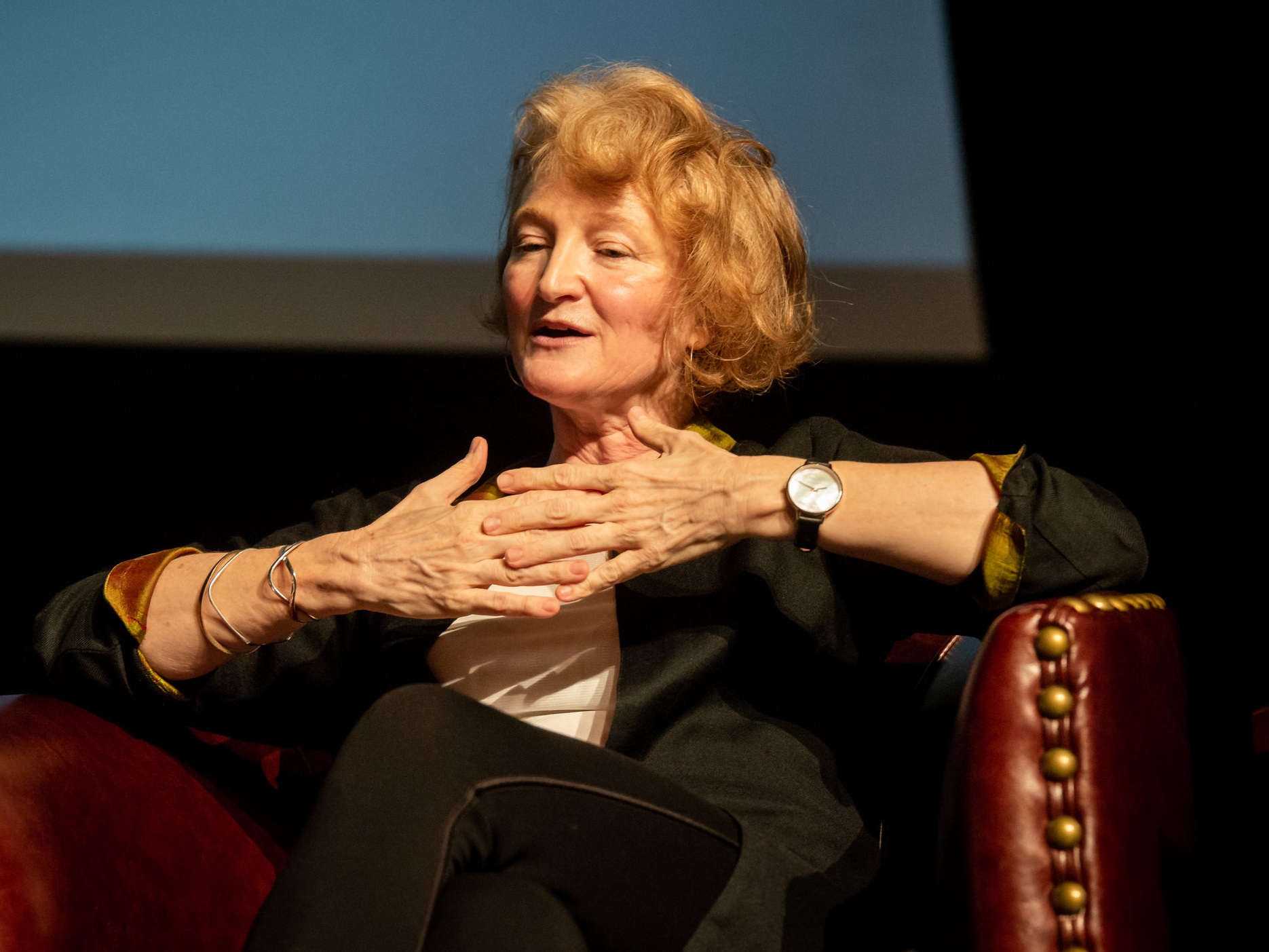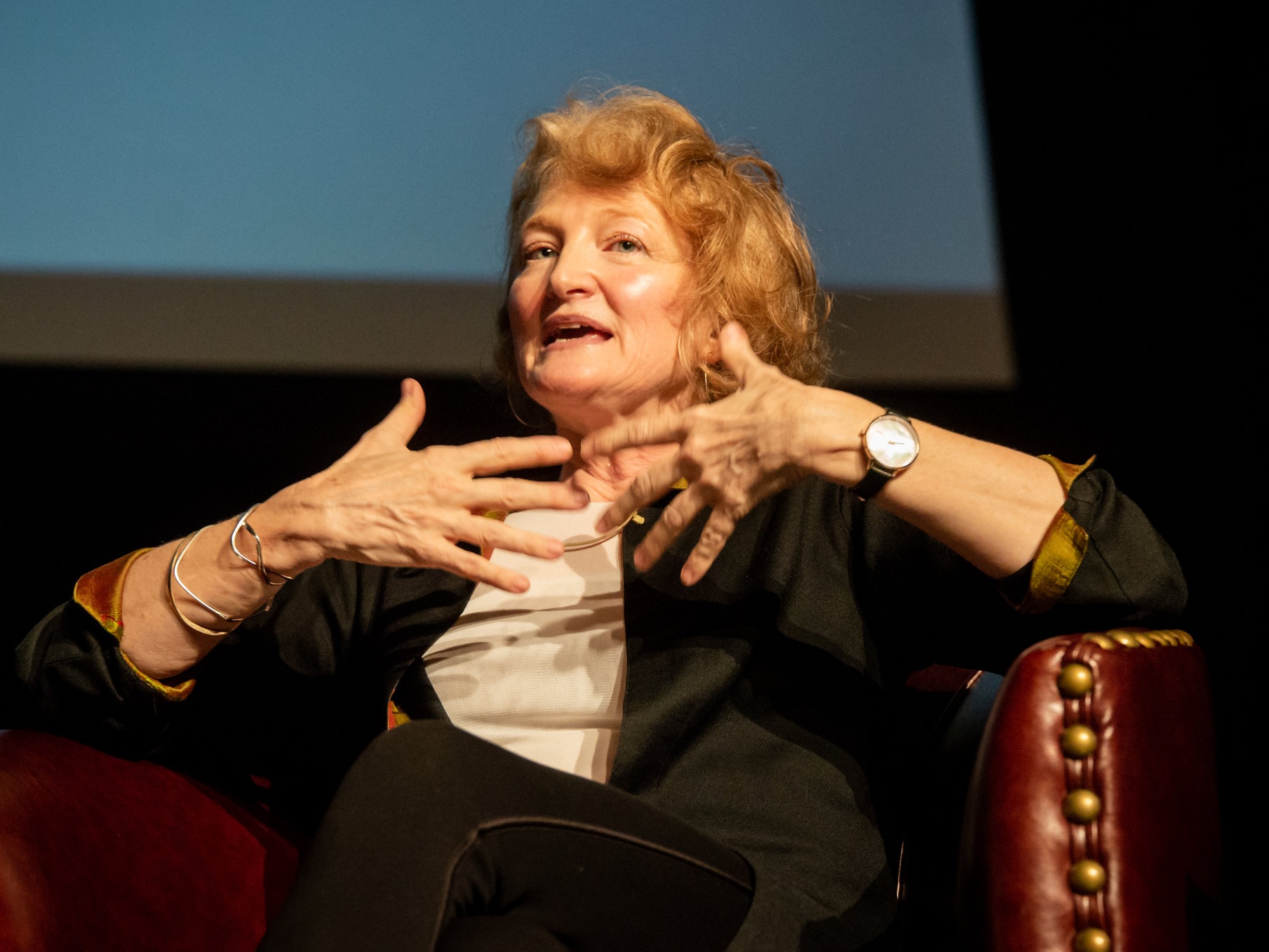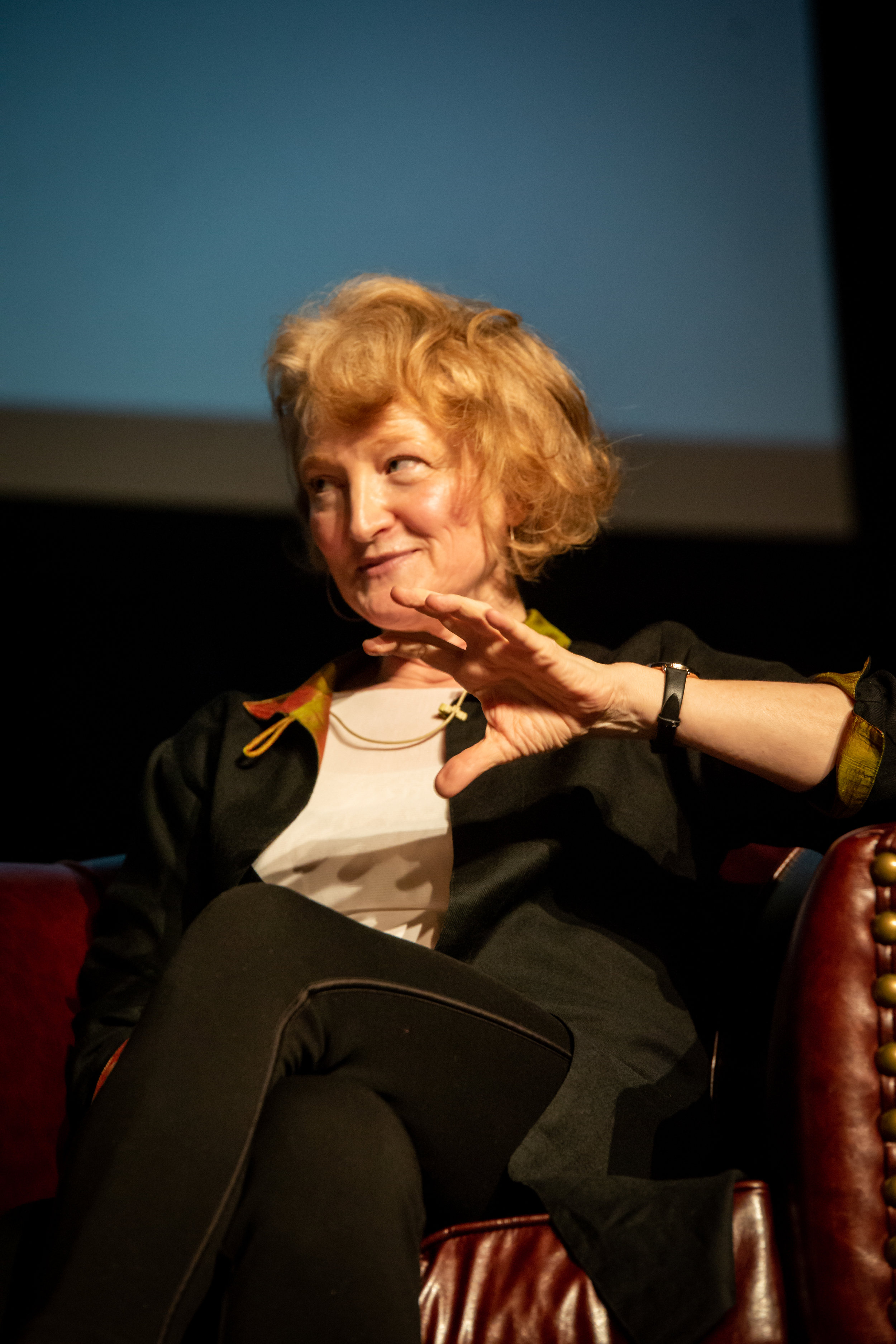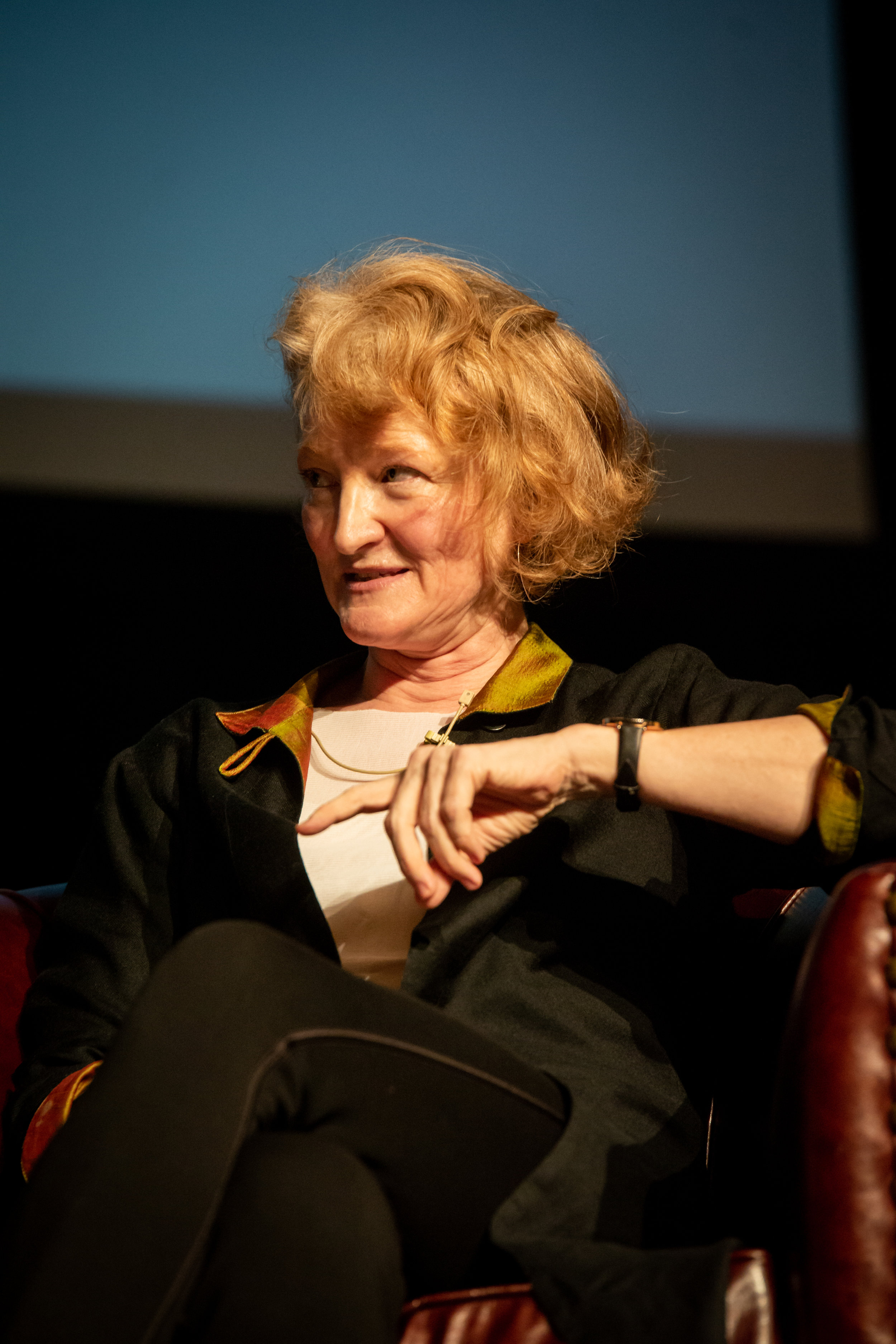When Krista Tippett came to Barrington on May 23rd to share her wisdom and launch A Year of Courageous Conversations, we asked the audience for questions. Dr. Zina Jacque had time for just a few, so we wanted to share more here:
On Speaking with our Families & Neighbors:
“In a time of so much strife in our world—conflicts around our President, gun violence in schools, abortion and on and on—how do we discuss the most controversial issues with our extremely divided neighbors and family? What is your biggest tip for speaking to people you love who are polar opposite to your view?”
“You've spoken about hospitality as a tool of transformation—but how do you overcome barriers to two-way hospitality when you offer hospitality to others but are met with hostility, lack of interest, or unwillingness to engage?”
“How much of our collective work to do is actually inner work done one person at a time? What is a growing edge for your spirituality?”
“Why do you think we should use the word "mercy" more often?”
“How can dialogue go very far when participants don't share the same facts?”
“How do we communicate intergenerationally and listen in a way that leans on understanding of experiences?”
“Would you speak about how to formulate and shape generous questions? Seems like something that has to be learned and not an innate ability.”
“What's your favorite courageous question that could be used universally?”
On Our Divisive Politics:
“What does it say about us as a society that we continue to elect polarizing leaders and representatives who are incapable of civil discourse?”
“We stand at a turning point, similar to 1865 or 1968, where things can turn quickly either towards good or bad. What can we do as individuals to turn the tide and save our democracy?”
“What needs to happen for the U.S. to become less polarized with a Congress that works together instead of so divided? A tragedy? A war? Can a statesman (Lincoln-esque) make it happen?”
“Pretty obvious there are two females to every male here tonight. Does this speak to the problem of civility and interest in community?”
On Inequality, Bias & Discrimination:
“It has been said that to create a tolerant society, we must be intolerant of intolerance. How can one stand against and not tolerate the intolerance of various "ism's" (racism, sexism, etc.) and still have productive conversations?”
“Does the practice of "taking winning off the table" for better conversations apply for conversations about "winning" equality in an unequal world?”
“As a school teacher, I hear my colleagues talking about "good" kids and "bad" kids, blaming students for their own ADHD and complaining about making accommodations for students with health needs. How do we create empathy and understanding within our most important institutions when the people who run them are blind to their own thinking and the realities of their students? When we think about the intersectionality of this, how do we also educate our educators on how this issue is heaped on top of issues of racism for our students of color?”
All fantastic questions — thank you, friends! Our team will be returning to these throughout the series to make sure we are addressing in our sessions. To learn more, click here.
(Photo Credit: Linda Barrett)




